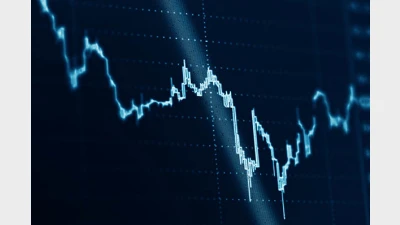Investor confidence declines in October


State Street’s Investor Confidence Index (ICI) showed a 0.9 point drop globally to 79.2 for the month of October.
The North American ICI saw a 4.3 point drop to 67.6, the Asia ICI had a 1.5 point drop to 85.6, while Europe’s ICI increased for the second month in row from 107.4 to 132.9.
Marvin Loh, State Street Global Markets senior macro strategist, said despite the US stock market reaching new highs, US investor confidence declined.
“Despite a more accommodative Fed, deepening geopolitical risks coupled with historically rich equity valuations in the US appear to be having a detrimental effect on investor sentiment right now,” Loh said.
Kenneth Froot, one of the developers of the index, said European investor confidence increased after positive developments in Brexit negotiations and trade war talks sparked large-scale equity purchases in the region.
“These events have prompted institutions to reduce cash levels; purchasing both equities to capitalise on pro-risk developments, and bonds to capitalise on an increase in yields,” Froot said.
The index was developed to measure investor confidence or risk appetite quantitatively by analysing the buying and selling patterns of institutional investors.
The greater the percentage allocation to equities, the higher risk appetite or confidence; a score of 100 was neutral.
Recommended for you
As market volatility persists, some super funds are pivoting defensively, while others are strategically positioning to capitalise on emerging opportunities.
New data has shown a progressive deterioration in risk appetite among instos even prior to Donald Trump’s latest round of tariffs.
UniSuper has reached “peak investment” in US assets and is now preparing to reassess its exposures amid ongoing sharemarket volatility.
Investors have slashed their US equity allocations to the lowest level on record, according to new data from Bank of America.












